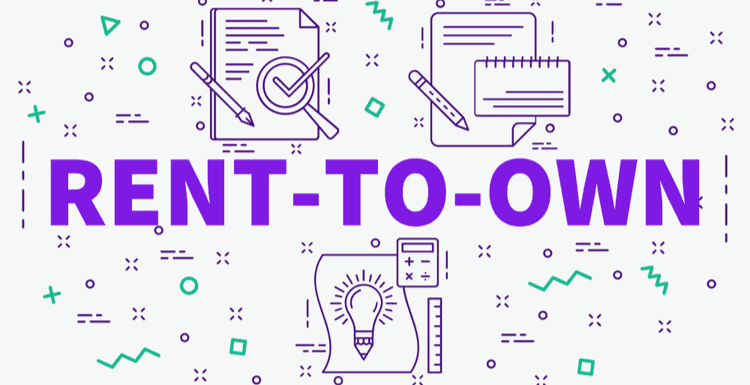Rent to own homes are a way for someone to own property who can’t qualify for a conventional home loan.
You can lock up a property to live in at current market prices while bypassing the traditional credit requirements.
However, there’s no such thing as a free lunch, so you can bet these come with a catch.
You’ll often pay more interest, have to put down a large deposit, and lose your equity if you default.
What Are Rent to Own Homes?
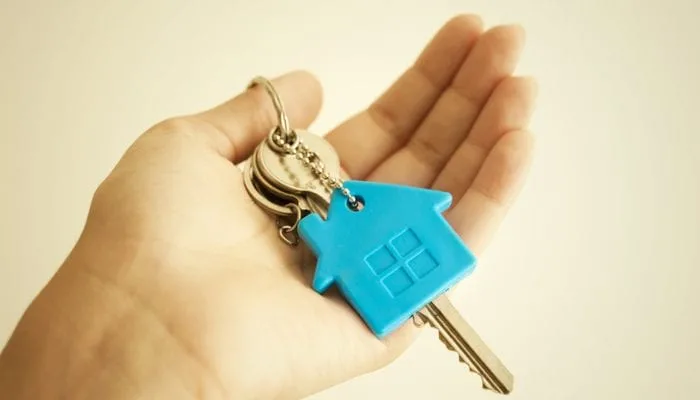
Sondem/Shutterstock
Rent to own is a real estate financing tool that calls for the buyer to pay an upfront amount as an option fee.
This amount is credited toward the purchase price.
You also agree to pay rent to the owner. A portion of the rent is also credited toward the purchase price. After a few years, the idea is that you’ll be able to qualify for a regular mortgage.
Then you can take out a loan from a mortgage lender to purchase the property at the agreed-upon price, less your option fee and the extra amounts you’ve been paying as rent.
Rent to own homes can make sense if you want to buy a home but need a few years to improve a bad credit score.
This way, you can qualify for a mortgage.
It can be a winner in markets where real estate values are rising. In hot markets, you buy now at today’s prices rather than a few years from now. But there’s always a catch with these contracts.
How Rent to Own Homes Work
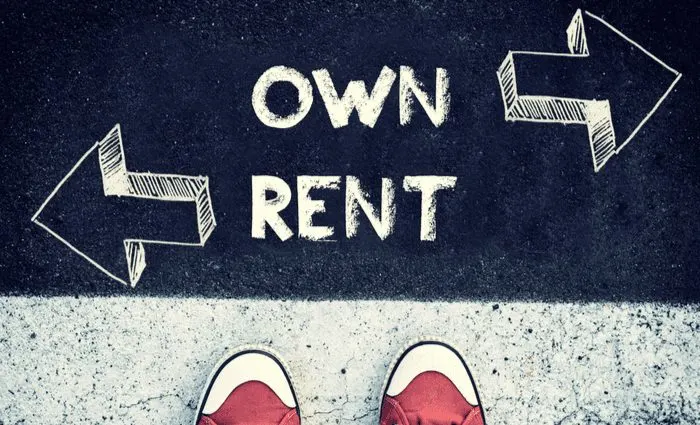
Itummy/Shutterstock
A rent to own home deal consists of two contracts. One is a rental agreement, much like a standard lease.
But rent to own contrast has one major difference.
In these agreements, part of your monthly payment goes toward the eventual purchase of the home. A rent to own agreement usually has a term of two to five years.
This period, like everything else in a rent to own contract, is negotiable.
The buyer will want to set a term that will allow enough time for him or her to build a credit history good enough to qualify for a regular mortgage.
The Benefit

Sutadimages/Shutterstock
Generally speaking, mortgage lenders require a credit score of about 600 or better.
Another difference with a regular rental agreement is that a rent to own tenant is responsible for at least some of the property’s maintenance costs.
This makes some sense, as the tenant is now the future owner of the property. However, it could add up to some extra costs for the buyer-tenant. The other contract is the lease option.
The major feature of this is the option fee. This is a sizable sum of money that is paid to the owner of the property.
The option fee is usually from 2 percent to 7 percent or so of the purchase price.
It entitles the buyer to complete the purchase at the agreed-upon price when the term of the rental agreement is up.
The option fee is likely to be less than the down payment required for a regular mortgage.
The Danger
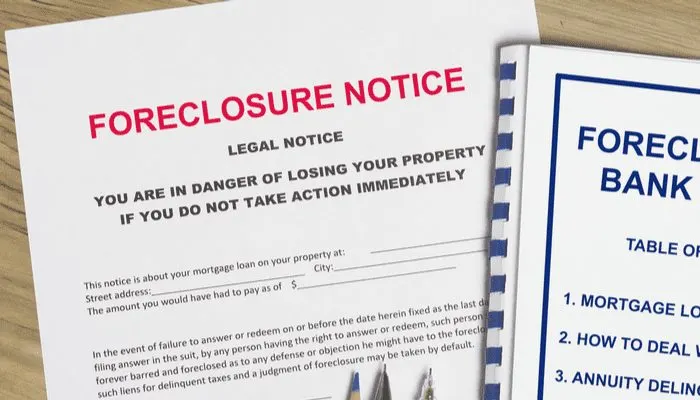
Ragma Images/Shutterstock
However, it comes with some risk. If the buyer is unable to buy the property at the end of the term, the option fee may be forfeited.
This could happen, for instance, if the buyer fails to improve his or her credit enough to get a mortgage.
This is one of the real dangers of renting to own. I’ve seen less-than-ethical landlords try to force a default to take the renter’s equity. Not every landlord does this, but I’ve seen it enough to scare me.
Tip: Note that a rent to own homes are not the same as a lease-purchase deal. Rent to own buyers are being granted options to buy. If they decide not to buy, they could lose their option fees, but that is their major risk. A lease-purchase obligates the buyer to complete the purchase at the agreed-upon price.
Rent to Own Home Example
Here’s a typical rent to own example by the numbers.
- Home price: $240,000
- 5% option: $12,000
- Monthly rent: $2,400, including $300 toward purchase price
- Term: Three years
After three years, the buyer has made 36 monthly payments of $300 toward the purchase price, for a total of $10,800.
Now he or she can buy the property for $217,200. Here’s where that figure comes from:
- Home price: $240,000
- Minus option fee: $12,000
- Minus payments: $10,800
- Purchase price: $217,200
As you can see, the monthly rent is mostly just that (rent), but there is a very small portion of the “rent” that does toward the principal balance.
Cons of Rent to Own Homes

Asier Romero/Shutterstock
The major risk of buying with a rent to own home is that the option fee could be lost. This can happen in these cases:
- The buyer can’t qualify for a mortgage at the end of the term.
- The buyer decides to back out of the deal for some reason.
- The owner defaults on the existing mortgage, and the home is foreclosed on.
- The owner can’t produce a clear title when the time comes to purchase the property.
Another downside to rent to own is that the monthly payment will be higher than the rent on a comparable property. That’s because of the extra amount that goes toward the purchase price every month.
Tip: Before agreeing to a rent to own home purchase, consult with a mortgage lender about what it will take to qualify for a mortgage. Then have a clear plan for improving credit or saving up a down payment to qualify for a mortgage later on.
Rent to Own Home Alternatives
Home buying programs backed by the Federal Housing Administration, U.S. Department of Agriculture, and Department of Veterans Affairs can let people buy homes with low or no down payments, even with low credit scores.
In addition to FHA, USDA, and VA, conventional lenders will make loans with as little as 3 percent down. These Conventional 97 loans are available to first-time home buyers with credit scores as low as 620.
Another alternative is to keep renting, hang onto the option fee, and save the amount that would be paid monthly against the purchase price in a rent to own.
Buyers who improve their credit scores and save adequately could be able to own homes after a few years without risking option fees.
Should You Buy a Rent to Own Home?
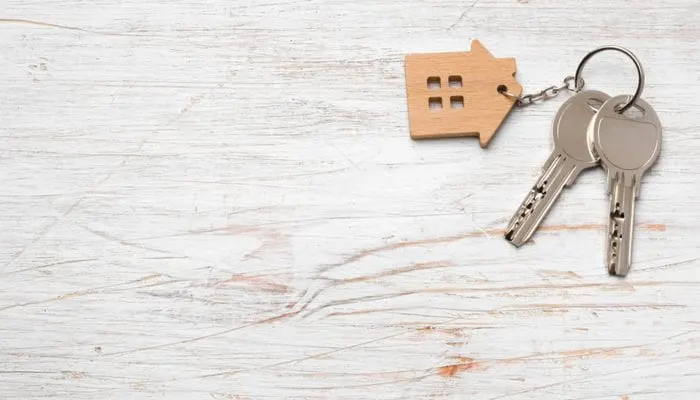
Didecs/Shutterstock
Rent to own can be a good option for someone who wants to own property but can’t qualify for a regular mortgage and wants to lock in a purchase at today’s prices.
However, we suggest staying away when possible, as there are many better options out there. Rent to own contracts are usually landlord-friendly and can be predatory.
So be very cautious and know exactly what you’re signing up for. Would I ever suggest renting to own? No.
I personally think you’re better off improving your credit. But if this is your only option, be sure to proceed carefully.

